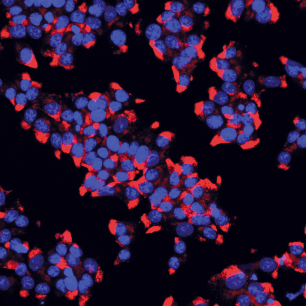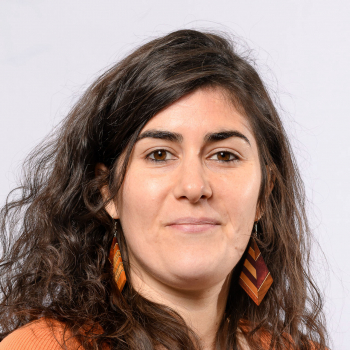Immunity and metabolism of diabetes - IMMEDIAB
IMMEDIAB's project centers on advancing our comprehension of the interplay between the immune and metabolic systems, considering environmental influences. Our goal is to examine the implications of this interplay in human health and disease, with a particular emphasis on diabetes.
While the immune system is known for its role in protecting against infections and cancer, recent insights have revealed its significant involvement in maintaining systemic metabolic balance. This dynamic interaction between the immune and metabolic systems is critical for promoting metabolic health and adaptation to changing environments and diets. Disruptions in this interplay can lead to metabolic disorders, such as type 2 diabetes mellitus. Our team has been at the forefront of the field of immunometabolism, pioneering the understanding of pathways related to tissue inflammation in obesity and diabetes. IMMEDIAB investigates the interaction of innate immune cells, primarily tissue macrophages, in metabolic tissues like adipose tissue, liver and pancreatic islets. This study encompasses both physiological and pathophysiological conditions. The latter involves progressing towards insulin resistance, increased insulin demand, compensation, and decompensation of insulin-producing cells.
Our research project is organized into 4 main themes:
- Epigenomic and transcriptomic control of immune cells - IMMEDIAB wants to establish a comprehensive understanding of the transcriptomic and epigenomic pathways that control monocytes and macrophage functions
- Bioenergetics of macrophages - We want to investigate the mechanisms that fuel immune effector function in diabetes. We widen the repertoire of actionable therapeutic targets through interrogating the bioenergetic mechanisms underlying inflammation
- Immunoregulation of tissue macrophages (Liver, Adipose tissue and Pancreas) - IMMEDIAB proposes that tissue resident immune cells and other accessory cells support tissue adaptive responses to to pathophysiological cues.
- Translational medicine - Analyzing immune markers, genetic and epigenetic configurations in diabetes mellitus to provide insights in diabetic endotypes and disease trajectories towards complications.
In our research, we leverage advanced bioinformatics and multi-level data integration, encompassing epigenomic, genetic, transcriptomic and metabolomic data, to discover new pathophysiological pathways, biomarkers, and predictors in diabetes mellitus and its complications. We conduct investigations on rigorously-phenotyped diabetic individuals with vascular complications and hepatic comorbidities, while also creating clinical datasets and biobanks. Furthermore, we are using computational and AI tools to harness real-world databases encompassing several hundred thousands patients with type 2 diabetes. This will enable enhanced characterization of various phenotypic subgroups, well characterized at both clinical and inflammatory, within the patient population.
Our approach generates novel data-driven hypotheses for pathophysiological phenomena. We validate these hypotheses through in vitro, ex vivo, and in vivo models. Additionally, we actively recruit patient cohorts, facilitating a seamless transition from bench-to-bedside, where clinical insights guide and validate our laboratory findings.
























